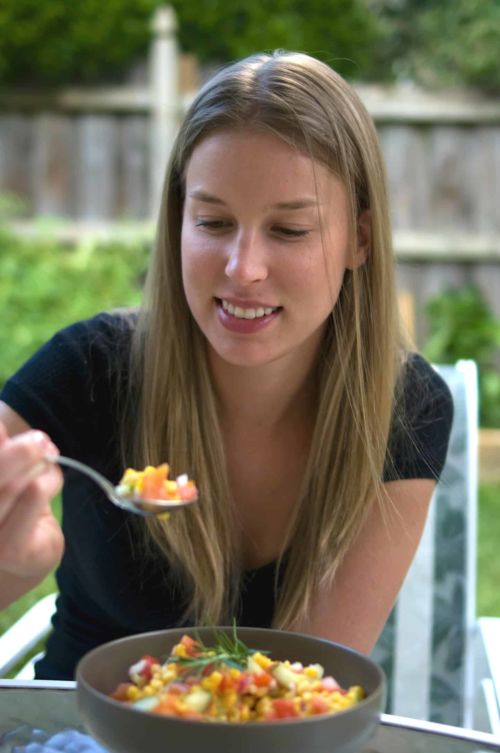Diet Choices to Last a Lifetime
The word diet has been synonymous with deprivation, calorie counting, and weight loss for about a century, now. But the definition is much simpler. A diet means what you eat regularly. Yet, people are often lost when it comes to diet. Which diet is healthy? Should I go paleo? Keto? Low-carb? How long should I do it for? I assure you, you don’t need to adhere to any ideology. The best diet, both for health and longevity, is a diet that nourishes you by providing you with all the nutrients you need and tastes good. Always remember that eating should be effortless, delicious, and rewarding. In summary, eat food that tastes good, use variety, make the right combinations and you will break free from food anxiety. The steps outlined below are the foundation of a healthy diet that anyone can adhere to for a lifetime.
Which Diet Is Best for YOU?
You already know that a healthy diet should include, fruits, and vegetables. Would you add nuts, legumes (healthy proteins), and healthy oils to that list? If you said yes, you are correct. Maybe add some white fish and small amounts of meat, too. One more step. Keep additives, saturated fat, and sugary beverages out. That’s it! You have the formula for a healthy diet.

Five Steps to Building a Healthy Diet
These steps are the concept behind the MicroRiche™ diet. Once you understand how nutrients interact with each other, which ones to remove from your diet, and how to combine the healthy ones, you can create meals that will delight everyone around you and still remain fun and healthful. You will feel empowered in your choices every day.
A Few Words of Wisdom
Finally, make sure your meals are homemade and your diet is varied. Never eat the same meal twice in one day. Always combine starches or protein with vegetables. Try starting your meals with a green salad like they do in France and bon appetit!
Enjoy this short video by Michael Pollan, which explains the importance of making your own meals, as opposed to restaurant, or store-bought ones.
Need more tips on how to put it all together? Give us a shout.

"*" indicates required fields
